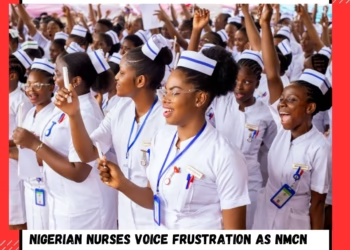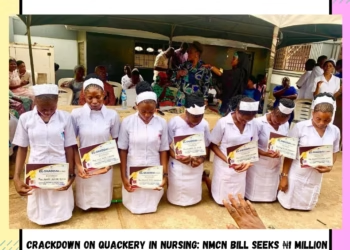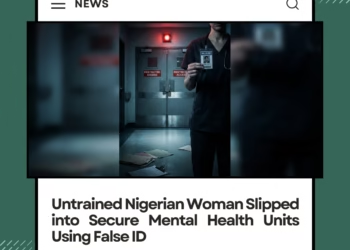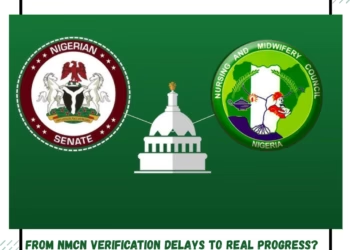Trump’s 2025 Visa Ban: What It Means for Nurses, Doctors, and Other African Healthcare Professionals Seeking U.S. Opportunities
Fellow Nurses Africa News || Lagos Nigeria ||June 15, 2025
The Trump administration’s proposed visa ban, announced on June 14, 2025, by The Washington Post, is set to shake up the dreams of African nurses, doctors, and other healthcare professionals eyeing a career in the U.S. Targeting 25 African countries with a 60-day deadline to fix issues like government corruption and weak identity databases, the policy could slam the door on vital visa pathways. Coupled with an existing ban affecting seven other African nations, this move threatens to worsen the U.S. healthcare crisis while stranding skilled professionals.
In this report, Fellow Nurses Africa correspondent provides a microscopic view of what’s at stake for African healthcare workers seeking USA opportunities.
Which African Countries Are Affected?
The State Department memo lists these 25 African countries under review for visa restrictions, with action plans due by June 18, 2025:
- Angola, Benin, Burkina Faso, Cabo Verde, Cameroon, Côte d’Ivoire, Democratic Republic of Congo, Djibouti, Egypt, Ethiopia, Gabon, Gambia, Ghana, Liberia, Malawi, Mauritania, Niger, Nigeria, Sao Tome and Principe, Senegal, South Sudan, Tanzania, Uganda, Zambia, Zimbabwe.
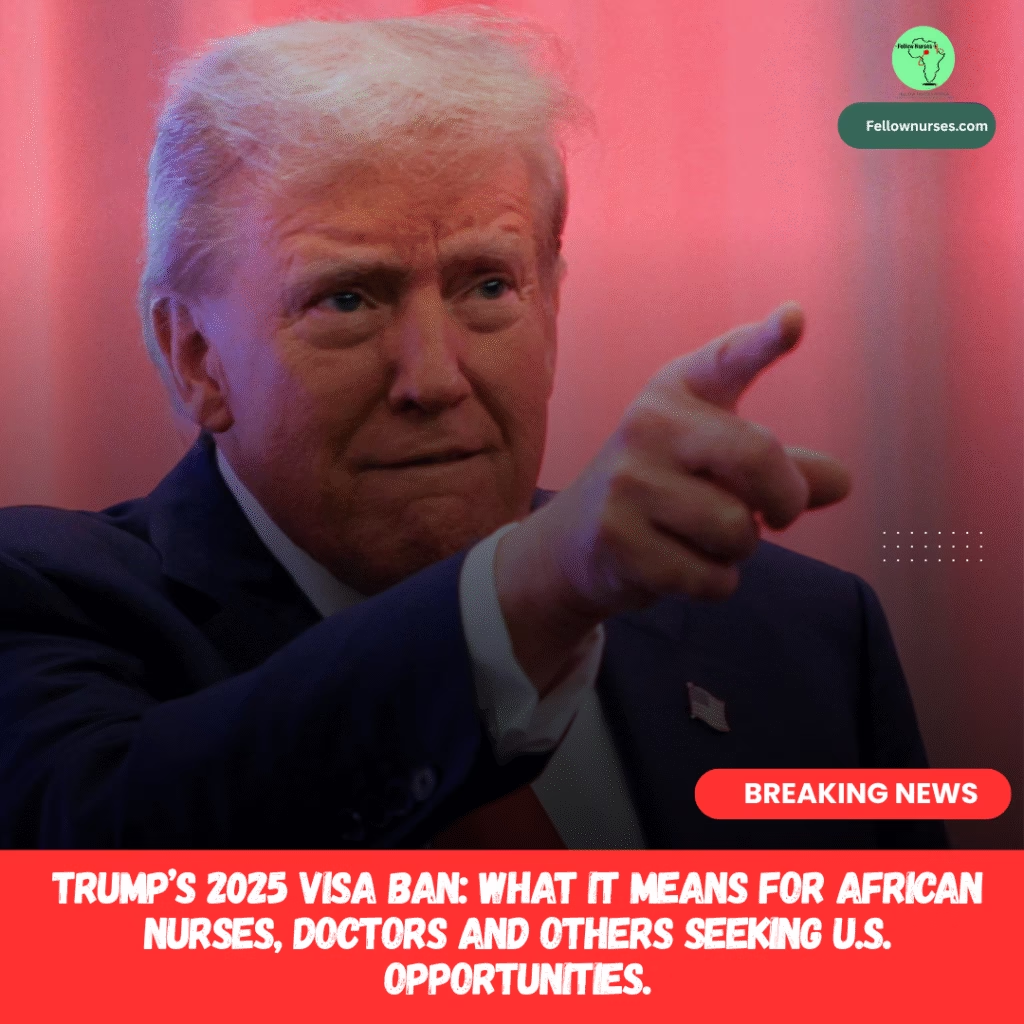
Seven other African countries—Chad, Republic of Congo, Equatorial Guinea, Eritrea, Libya, Somalia, and Sudan—face a full visa ban since June 9, 2025, with partial restrictions on Burundi, Sierra Leone, and Togo, per BBC reports. That’s 32 African nations in the crosshairs, home to many healthcare professionals vital to the U.S.
Why African Healthcare Professionals Matter to the U.S.
African nurses, doctors, and pharmacists are a lifeline for U.S. healthcare, filling gaps in hospitals and rural clinics. Over 2.1 million African immigrants live in the U.S., with Nigerians, Ghanaians, and Kenyans leading in healthcare roles, per the Migration Policy Institute (2023). A 2024 KFF report shows 32% of U.S. hospitals relied on foreign-educated nurses in 2022, up from 16% in 2010, as an aging population and post-COVID burnout fuel shortages.
Trump’s first-term travel bans, like the 2020 Nigeria restriction, disrupted visa access, causing staffing woes and family separations, per a 2020 New York Times report. The 2025 ban, targeting more countries, could hit even harder, threatening the U.S.’s ability to meet its need for 200,000 nurses and 68,000 doctors by 2030, per BLS and AAMC.
What’s at Stake for African Healthcare Professionals?
1. Blocked Paths to Permanent Residency
The ban targets immigrant visas like the EB-3, used by African nurses and doctors for U.S. green cards. These require passing exams like NCLEX-RN for nurses, USMLE for doctors and securing job offers. A ban would freeze these visas, crushing years of preparation.
- Dreams on Hold: Nurses from Nigeria and doctors from Ethiopia spend thousands on credentials. A ban could leave them stuck, as seen in 2020 (STAT News).
- Family Struggles: Professionals send billions in remittances—$48 billion in 2019, per Foreign Policy. A ban could cut off support for families in Ghana or Uganda.
2. Risk to Temporary Visas
The 2020 ban spared H-1B and J-1 visas for specialty roles or medical training, but the 2025 policy’s broad wording hints at future limits. Most nurses don’t qualify for H-1B, per AllLaw.com, and J-1 visa holders, like Egyptian residents, could face renewal issues.
- Hiring Hesitation: U.S. hospitals may shy away from African candidates, favoring those from unaffected countries, per Boundless.com.
- Training Delays: J-1 visa disruptions could derail medical residencies, as in 2017 (New York Times).
3. Deepening U.S. Healthcare Gaps
African professionals are crucial in rural U.S. areas, where 20% of hospital staff are immigrants, per a 2025 Context by TRF article. Blocking them could shutter clinics, as warned by NPR, and raise costs through agency staffing.
4. Tough Waiver Process
Waivers exist, but only 2% succeeded in 2020, requiring proof of “undue hardship,” per Reuters. Even critical healthcare workers may struggle to qualify.
5. Emotional and Social Toll
Labeled a “third-world list,” the ban has sparked outrage amongst healthcare professionals and Netizens across different platforms calling it discriminatory.
Low wages and poor conditions in countries like Niger push professionals to emigrate; a ban traps them, risking burnout, per Africa Renewal (2024).
What’s Next? Practical Steps for African Healthcare Professionals
- Stay Updated: Follow U.S. Embassy news and groups like CGFNS (nurses) or ECFMG (doctors) for visa changes.
- Look Elsewhere: Canada’s Express Entry or the UK’s Health and Care Worker visa offer friendlier paths, per BBC (2025).
- Keep Credentials Ready: Continue NCLEX-RN, USMLE, or other exams to stay competitive.
- Get Legal Help: Immigration lawyers can explore waivers or other visas, per Boundless.com.
- Unite and Advocate: Join the African Health Professionals Network to push for policy changes.
The Bigger Picture
The 2025 visa ban, echoing Trump’s 2017 and 2020 restrictions, risks repeating past mistakes—hurting U.S. healthcare, African families, and diplomatic ties. The African Union’s call for dialogue (BBC, 2025) highlights tensions, especially with allies like Egypt targeted.
African healthcare professionals remain resilient, seeking new paths forward. Fellow Nurses Africa is here with updates and support to help navigate this storm.
Fellow Nurses Africa is the independent voice of African nursing. We educate, inform, and support the nursing profession.



